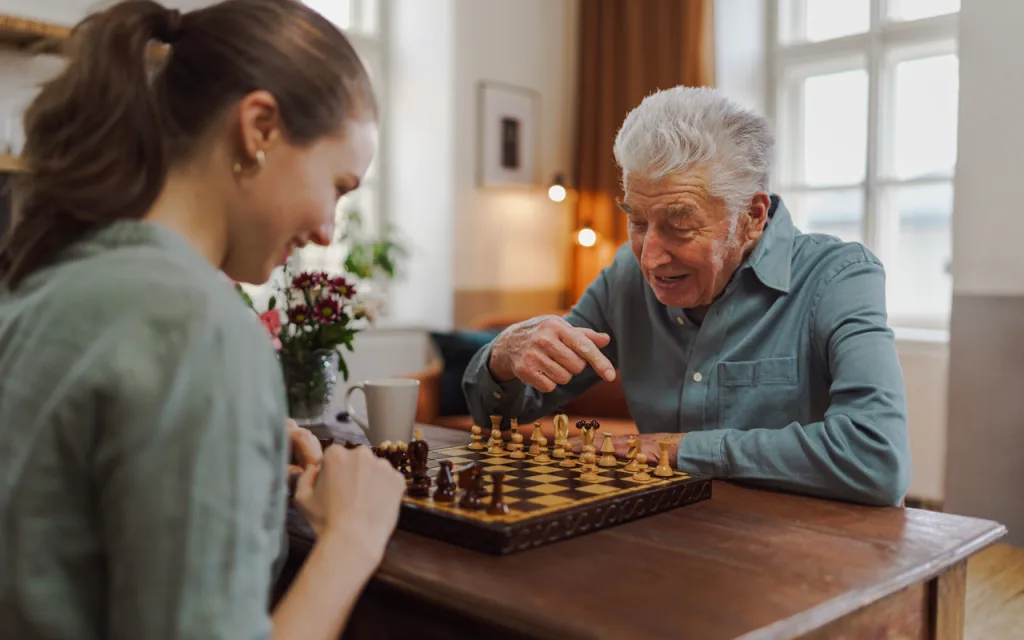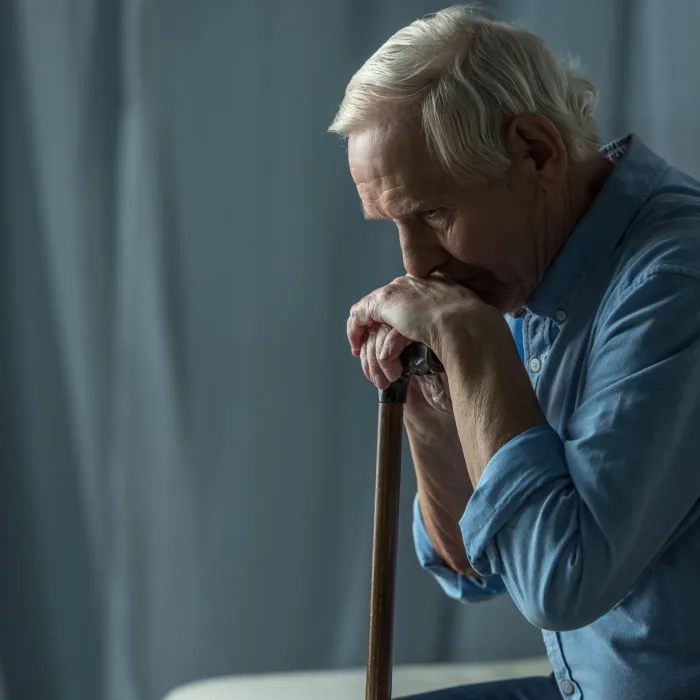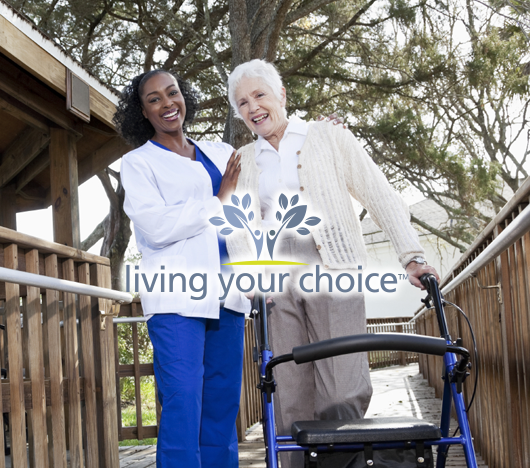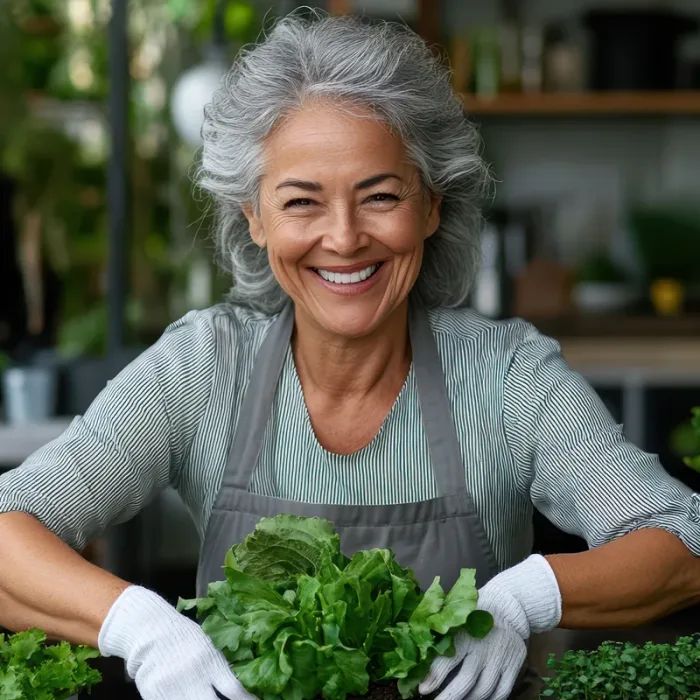
As we age, prioritizing physical activity and mental engagement becomes increasingly important. Whether you’re transitioning into retirement, exploring new hobbies, or considering a move into a senior community, embracing strategies for healthy aging can greatly improve your quality of life. In this blog post, we share practical and research-backed tips for seniors to maintain vitality, independence, and happiness during their golden years.
Introduction: Embracing Healthy Aging
Healthy aging isn’t about turning back the clock—it’s about making smart, sustainable choices that enhance your wellbeing. Seniors today are living longer, more active lives than ever before, and with the right support systems in place, aging gracefully can be empowering rather than limiting.
According to a Business Insider article on aging and wellness, physical activity and social engagement are critical to maintaining not just mobility and strength, but also mental sharpness and emotional wellbeing. In this context, elderly care becomes a proactive effort, focused on holistic wellness rather than just medical support.

Stay Physically Active: Movement as Medicine
One of the most effective ways to support healthy aging is to maintain an active lifestyle. Regular physical activity strengthens bones, improves cardiovascular health, and boosts mood by releasing endorphins. It also lowers the risk of chronic conditions such as diabetes, osteoporosis, and arthritis.
Simple ways to stay active include:
- Walking daily: Just 30 minutes a day can improve circulation and support joint health.
- Stretching or yoga: Increases flexibility and balance, helping prevent falls.
- Low-impact strength training: Supports muscle tone and bone density.
Incorporating these practices into your daily routine is especially important for those living in a senior community, where group classes and walking clubs offer both fitness and social interaction.
Maintaining physical health is a central pillar of elderly care, and it lays the foundation for a more engaged and independent lifestyle. Consider partnering with a wellness coach or joining community-based fitness programs to keep things fresh and motivating.

Nurture Mental Sharpness: Lifelong Learning and Curiosity
Just as your body needs movement, your brain thrives on stimulation. Continuing to learn new things, challenge your thinking, and engage in problem-solving tasks can significantly delay cognitive decline.
Cognitive health tips for seniors:
- Read books, newspapers, or listen to educational podcasts.
- Play strategy games like chess, sudoku, or puzzles.
- Enroll in community college classes or online courses.
- Learn a new language or musical instrument.
Many senior communities offer enrichment classes or lectures as part of their programming, creating a built-in opportunity to stay mentally active while connecting with others. This type of ongoing education fosters a growth mindset and promotes healthy aging in a fun and meaningful way.
Mental agility is a vital aspect of elderly care. A sharp mind not only improves decision-making but also encourages autonomy and self-confidence well into advanced age.

Stay Connected: The Power of Social Engagement
Loneliness and isolation can negatively impact both mental and physical health. Staying socially active is one of the most underrated yet powerful healthy aging strategies.
Ways to stay socially engaged:
- Join clubs or hobby groups in your senior community.
- Volunteer your time at local organizations or faith groups.
- Attend regular events or fitness classes.
- Use technology (video calls, social media) to keep in touch with loved ones.
Involvement in a senior community naturally encourages social interaction and can significantly reduce the risk of depression and cognitive decline. In fact, research cited by Business Insider shows that seniors who are socially active experience slower rates of memory loss.
When thinking about elderly care, it’s important to consider the emotional aspects of aging. Encouraging connection and a sense of purpose adds joy and meaning to each day.

Healthy Eating and Hydration
Nutrition plays a critical role in healthy aging. A balanced diet rich in fruits, vegetables, lean proteins, and whole grains helps the body maintain energy, supports immune health, and reduces inflammation.
Tips for senior nutrition:
- Stay hydrated by drinking water regularly throughout the day.
- Include calcium-rich foods to support bone health.
- Limit processed foods, salt, and sugars.
- Eat smaller, frequent meals to maintain blood sugar levels.
Many senior communities offer nutrition counseling or chef-prepared meals designed specifically for older adults, ensuring residents receive meals that are both delicious and nutritionally sound. This is another vital component of elderly care that supports both body and brain.
Explore a Purpose-Driven Lifestyle
Healthy aging isn’t just about physical and cognitive wellbeing—it’s about finding meaning and fulfillment. Whether it’s through mentoring, teaching, gardening, or artistic pursuits, purpose fuels a sense of vitality and resilience.
Many seniors find that moving into a senior community opens the door to new experiences and purpose-driven living. With a wide range of clubs, interest groups, and volunteering opportunities, these communities make it easier than ever to stay engaged.
Living a purpose-driven life reinforces the goals of elderly care by keeping the spirit energized, curious, and hopeful. It brings intention to daily activities and strengthens community bonds.

Conclusion: Take the First Step Toward Healthy Aging
Aging is inevitable, but how we age is something we can influence. Through daily movement, mental stimulation, social engagement, and nourishing habits, seniors can lead fulfilling lives well into their later years. Embracing these healthy aging tips can transform your experience of aging from passive to proactive.
If you or a loved one are exploring options for elderly care or considering joining a senior community, Living Your Choice is here to help. We are dedicated to enhancing the quality of life for seniors by helping locate the right type of senior-living community based on your personal preferences and lifestyle.
Want more helpful tips and resources? Visit our Resources Page.Have any questions or thoughts to share? We’d love to hear from you! Leave a comment below and call Living Your Choice today to start your journey toward a healthier, more vibrant future.









